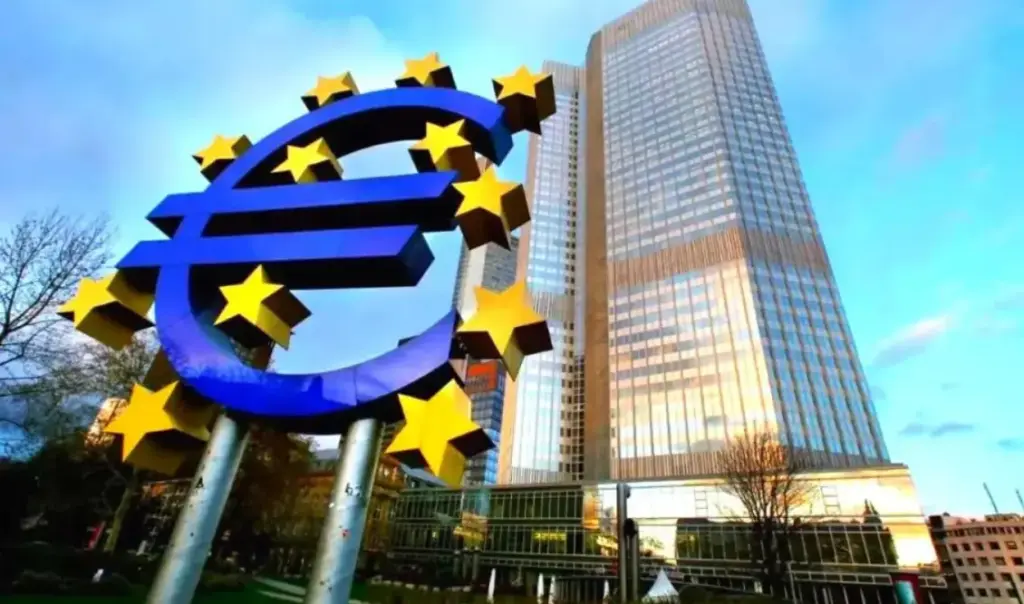Deutsche Bank Research analysts predict two additional cuts in interest rates by the ECB of 0.25 percentage points by December 2024. However, the upcoming meeting on July 24th is not expected to deliver any of these anticipated cuts.
Ulrike Kastens, European economist at DWS, notes to Morningstar that “in all likelihood, no changes to interest rates will be observed in July. The European Central Bank is taking a break. The absence of comments during the preparation phase suggests that the ECB considers its position satisfactory. This is a working meeting without new assessments.”
ECB: September in focus for new rate cut
According to Kastens, September remains the month when an additional interest rate cut could be implemented, regardless of potential escalation in trade disputes. In September’s economic growth forecasts, a limited upward revision may be recorded, while the situation appears mixed regarding inflation.
Specifically, the ECB estimates that inflation will reach 1.6% for 2026, something analysts characterize as “overly optimistic,” as they expect the index closer to 2%.
Expectations for deposit rate cuts
Deutsche Bank Research economists Marc Schattenberg and Robin Winkler share the view of two additional cuts of 0.25 percentage points by December, bringing the deposit rate to 1.5%.
As they emphasize, “in the short term, trade confrontation with the United States represents the main downside risk for the eurozone economy. Long-term, attention turns to fiscal policy. The new NATO spending allocation will create difficulties for specific European Union member states.”
Threats to ECB stability
Carsten Brzeski, head of macro at ING, perceives the ECB’s “favorable position” of accepting pressure from tariffs and the strengthened euro. Although the pressure is insufficient to justify a cut on July 24th, he estimates an “extremely likely cut at the September meeting.”
According to Brzeski, “the stronger euro and renewed threats of tariff restrictions clearly strengthen disinflationary pressures for the eurozone, jeopardizing the underestimation of inflation and increasing the likelihood of further interest rate cuts by the ECB.”
However, considering long-term risks of higher inflation due to fiscal incentives, the ECB will show great reluctance to choose preemptive interest rate cuts at the present juncture.
Wage monitoring and inflationary expectations
The ECB continues to carefully monitor wage increases as a central element of underlying inflation, mainly in the services sector. The central bank’s Wage Tracker has shown signs of moderating their dynamics in recent months.
Overall inflation is now close to the ECB’s 2% target. Specifically, June’s general inflation reached 2.0%, while core inflation, excluding food and energy, rose to 2.3%.
ECB economists revised their inflation estimates in June, forecasting general inflation on average as follows:
• 2.0% in 2025 (versus 2.3% in March forecast)
• 1.6% in 2026 (from 1.9%)
• 2.0% in 2027 (unchanged from March)




